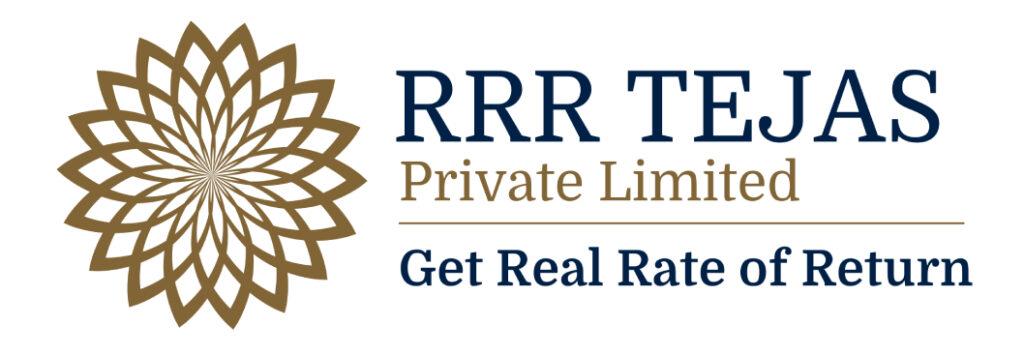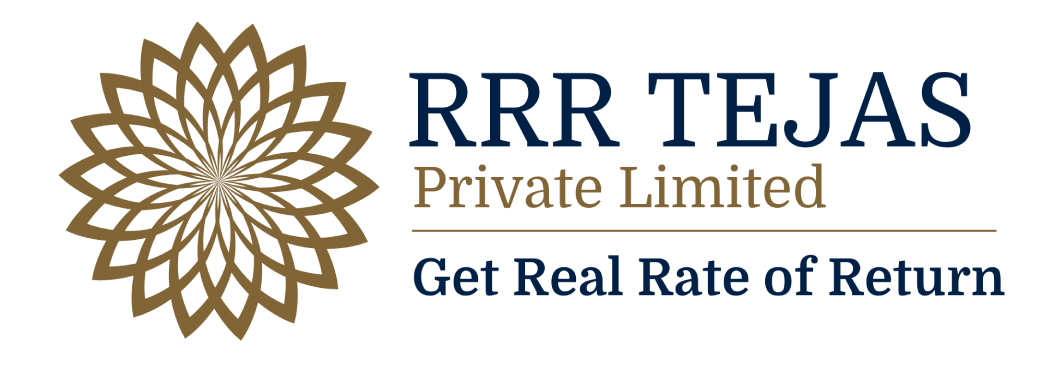
What is a Loan?
A loan is money you borrow from a bank, financial institution, or another lender. You agree to repay this money over time, usually with interest. The interest is the extra amount you pay for borrowing the money.
How Can I Take a Loan?
To take a loan, visit a bank or lender, fill out an application, and provide your financial details. The lender will check your credit score and repayment ability. If approved, you will sign a loan agreement and get the funds.
When is Taking a Loan Good?
Taking a loan can be a good idea if it helps you build assets or increase your income. For example, home loans and education loans are considered good leverage because they can improve your financial stability in the long term.
What are Bad Loans?
Bad loans are those that don’t add financial value and increase your financial burden. Personal loans for luxury expenses, high-interest credit card debt, or loans for depreciating assets like a car are often seen as bad loans.
Factors to Consider Before Taking a Loan:
- Interest Rate: Check if it is affordable.
- Repayment Term: Longer terms mean more interest paid.
- Processing Fees and Charges: Be aware of all costs.
- EMI Amount: Ensure it fits within your monthly budget.
- Purpose: Borrow only if necessary and productive.

Tips to Pre-Close a Loan:
- Pay Extra When Possible: Use any extra income to pay down your loan principal.
- Increase EMI Payments: If you can afford it, increase your EMI amount.
- Avoid New Loans: Focus on clearing the current loan.
- Use Bonuses/Tax Refunds: Apply any windfall money towards prepaying your loan.

